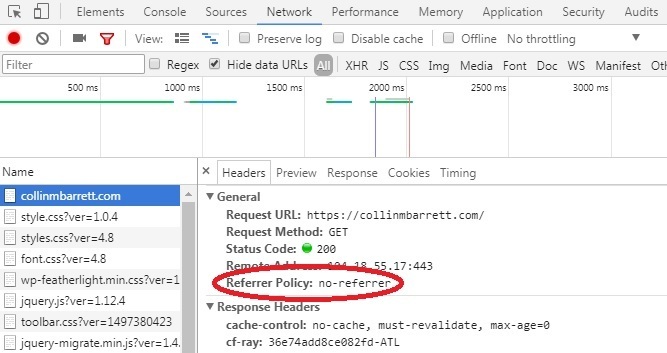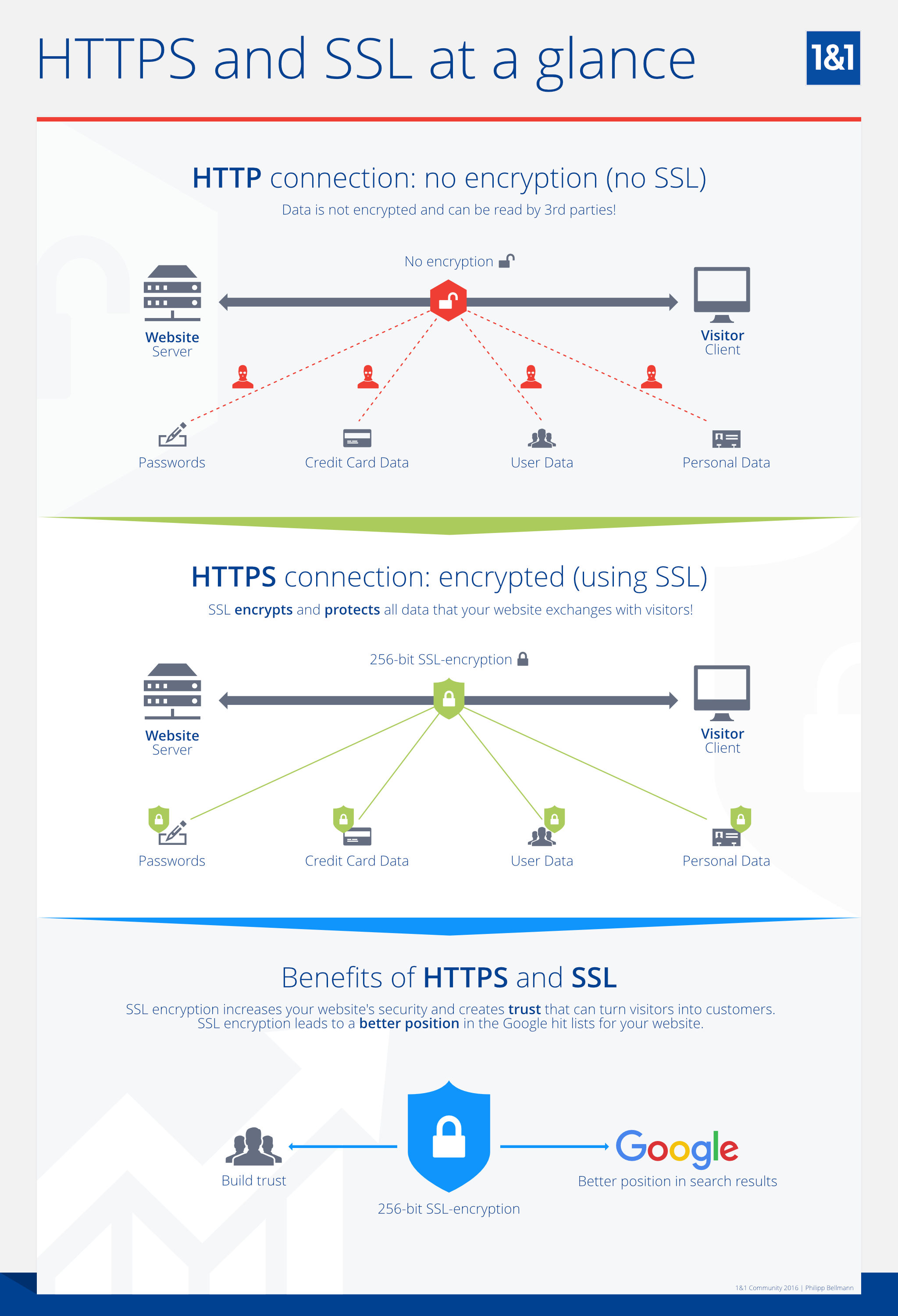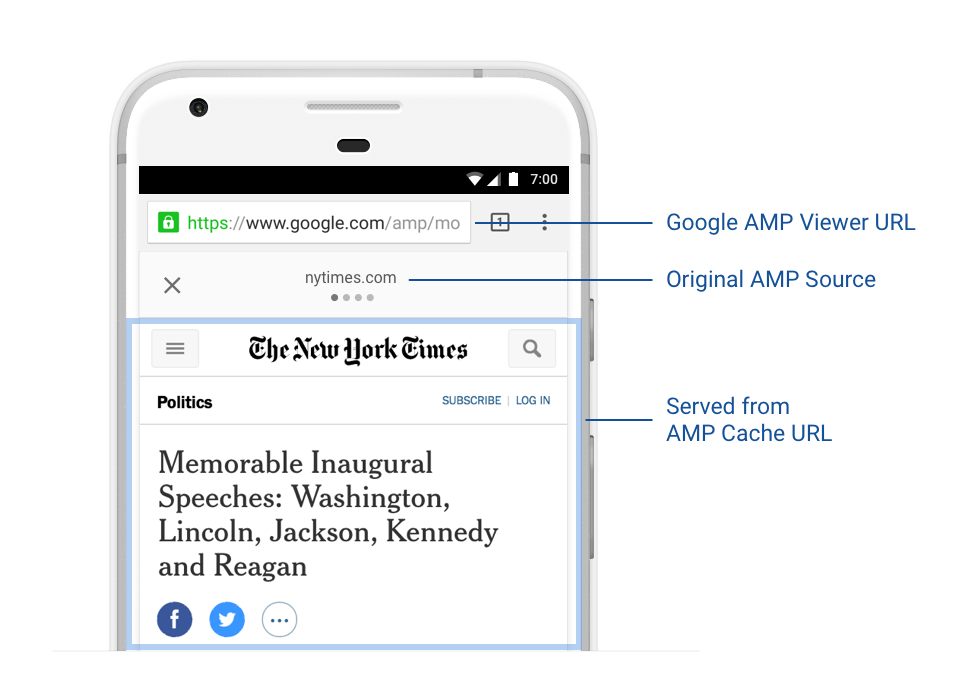Steph W. from SEOPressor


...help you check your website and tell you exactly how to rank higher?


91
score %
SEO Score

Found us from search engine?
We rank high, you can too.
SEOPressor helps you to optimize your on-page SEO for higher & improved search ranking.
By jiathong on November 21, 2019

Many websites use HTTP. However, back in 2014, Google recommended that sites switch to HTTPS. Until then, only sites with e-commerce pages really bothered to use HTTPS.
As an incentive for switching over, Google announced that it would be providing HTTPS sites with a minor rankings bump, in effect punishing sites that did not switch over by giving an edge to competitors that did.
Now you’re probably wondering – why is it so important that you switch over to HTTPS? Is it really worth the hassle to do so? What even is the difference between HTTP and HTTPS?
Will using one over the other affect your SEO efforts at all? The following guide will break everything down for you, not only answer these common questions but giving you a much better understanding of HTTP vs HTTPS in general.
Here’s a quick video summarizing the points if you’re in a rush:
The first thing that we should go over is what HTTP and HTTPS actually are. It’s going to be difficult to understand the impact of switching from one to the other or how to choose between HTTP vs. HTTPS without a general understanding of both.

HTTP stands for Hypertext Transfer Protocol. At it’s most basic, it allows for the communication between different systems. It’s most commonly used to transfer data from a web server to a browser in order to allow users to view web pages. It’s the protocol that was used for basically all early websites.

HTTPS stands for Hypertext Transfer Protocol Secure. The problem with the regular HTTP protocol is that the information that flows from server to browser is not encrypted, which means it can be easily stolen. HTTPS protocols remedy this by using an SSL (secure sockets layer) certificate, which helps create a secure encrypted connection between the server and the browser, thereby protecting potentially sensitive information from being stolen as it is transferred between the server and the browser.

The most important difference between the two protocols is the SSL certificate. In fact, HTTPS is basically an HTTP protocol with additional security. However, this additional security can be extremely important, especially for websites that take sensitive data from its users, such as credit card information and passwords.
[bof_display_offer id=30242]
How do HTTPS works? The SSL certificate encrypts the information that users supply to the site, which basically translates the data into a code. Even if someone manages to steal the data being communicated between the sender and the recipient, they would not be able to understand it due to this encryption.
But in addition to adding that extra layer of security, HTTPS is also secured via TLS (Transport Layer Security) protocol. TLS helps provide data integrity, which helps prevent the transfer of data from being modified or corrupted, and authentication, which proves to your users that they are communicating with the intended website.
Users can identify whether a site uses HTTPS protocol by the web address. The very first part of the web address (before the “www”) indicates whether the site uses HTTP or HTTPS protocols.
So, to recap, the difference between HTTP vs HTTPS is simply the presence of an SSL certificate. HTTP doesn’t have SSL and HTTPS has SSL, which encrypts your information so your connections are secured. HTTPS also has TLS (Transport Layer Security) protocol that HTTP lacks. HTTPS is more secure than HTTP.
If you’re looking at the main difference between HTTP and HTTPS, HTTPS obviously has a big advantage. After all, wouldn’t you want your site to be as secure as possible? The thing is, if you don’t have an e-commerce page and you’re not accepting potentially sensitive information from your website’s visitors, then you might be thinking that switching over to an HTTPS site isn’t that necessary and that doing so is a bigger hassle than it’s worth.
However, the security advantage isn’t the only benefit of using HTTPS. In fact, switching over to HTTPS can end up boosting your SEO efforts as well. The following are a few ways in which HTTPS can help to improve your SEO:

If you are wondering, is HTTPS good for SEO? Heck yeah, HTTPS matters to SEO!
Because besides the fact that Google itself has announced that sites switched to HTTPS will receive a small bump in rankings, doing so can lead to you website’s ranking boost over time in any event because visitors will be more likely to browse through sites that they know are secure.
If your website is new, you can read our guide here on how to increase your website rankings immediately with SEO.

Also, the use of an HTTPS site makes Google Analytics more effective. This is because the security data of the website that referred to you are saved with the use of HTTPS – it’s not with HTTP sites. With HTTP sites, referral sources will just appear as “direct traffic”. This gives HTTPS a big advantage for SEO in itself.

Because an HTTPS site encrypts all communication, visitors will have protection on not only their sensitive information, like passwords and credit card information, but also their browsing history. Knowing that they will retain their privacy while browsing your site and knowing that anything that they download, sign up for or purchase won’t put them at risk due to a lack of security is going to help you to build trust, which is vital to capturing leads and closing sales.
Additionally, HTTPS protects your site from security breaches, which can end up damaging your reputation and even costing you money if they do occur.

If you want to be able to use AMP (Accelerated Mobile Pages), then you’ll need to have HTTPS.
AMP was created by Google as a way to load content onto mobile devices at a much faster rate. At its core, AMP is kind of like a stripped-down HTML. AMP content is featured prominently on Google’s SERPs to create a better mobile experience for smartphone and tablet users.
If creating a mobile-friendly website is important to you (and it should be, considering the increasing importance of mobile search rankings and local SEO), then switching to HTTPS is a must.
While there are many benefits to switching over from HTTP to HTTPS, there are still a few potential problems that you could run into when doing so. The following are some of the tips you should be sure to keep in mind when switching over to HTTPS to prevent potential SEO-related issues:

Now that you understand the benefits of switching to HTTPS and how to avoid any issues while migrating, it’s time to actually switch from HTTP to HTTPS. The process of switching to HTTPS may take a number of steps to accomplish, but overall, it’s actually not that difficult – just a little bit time-consuming. The following are the steps that you will need to take in order to switch to HTTPS:

It may take a while to get your site completely migrated to HTTPS, but it’s worth it in the end. Just make sure that you check all of the links throughout your site to make sure that they are properly updated or else they will break after migration.
You want your website to be secure for a number of reasons. Not only do you want to protect potentially sensitive information, but you’ll want to make sure that your visitors are comfortable browsing through your site.
These reasons alone are a good reason to switch from HTTP to HTTPS. However, when you consider the effect that switching to HTTPS will have on your SEO, it becomes a no-brainer.
If you have yet to switch your website to HTTPS, then you should take the time to do so. Yes, there are a number of steps involved, but the effort it will take is well worth the result.
HTTPS has already become the standard protocol, which means that the longer that you hesitate, the more of a chance there is that you’ll fall behind your competition.
If you have already switched your website to HTTPS, know that this is only just a beginning to building your website SEO.
Then again, HTTPS setup is only one of the factors affecting your ranking. You also have to look at how your content and website fare against the Top 20 pages ranking in the SERPs.
The latest key that determines if your website or content ranks for your keyword is if it is relevant to your context.
This is driven by Google’s latest implementation of word2vec that looks to improve performance in NLP. However, these high dimensional word vectors have been very difficult to interpret manually.
The best we could do is to analyze your website content against the current top 10 rankings for the keywords and see if there is any content gap or relevant information missing from our own.
This was our bid in answering if the content truly answers the search intent. But now, we can actually analyze our content’s Word Vector using BiQ’s Content Intelligence.
It actually provides real-time content analysis and compare your content against the Top 10 rankings for your keyword and let you discover the areas you can improve and optimize.
Besides, it’s easy to use. Just paste your target keyword and URL page and you will be able to identify the most critical on-page SEO issues on your content and fix them with the optimization suggestions to get the traffic that your content truly deserves.

Explore and see how much your content score with BiQ’s Content Intelligence.
Before anything, it’s time for a review. Are you clear about the differences between HTTP vs HTTPS and its SEO benefits now? Spend 5 minutes on our SEO Quiz to test out your skills to make sure you’re on the right track! Test Your SEO Knowledge – SEOPressor
Updated: 16 February 2026


Save thousands of dollars (it’s 100x cheaper)

Zero risk of Google penalty (it’s Google-approved)

Boost your rankings (proven by case studies)
Rank High With This Link Strategy
Precise, Simplified, Fast Internal Linking.
